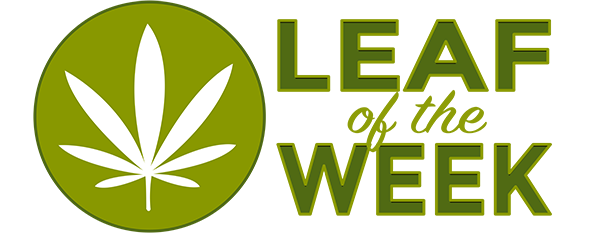Boulder Take On Cannabis Rescheduling: Boon or Boondoggle?

There is no question for Boulderites, as I perceive it, that the Federal Government through the DEA, the conservative drug enforcement administration, has shifted its marijuana position. This is great news! BUT in spite of this outward showing of a softening attitude towards cannabis, specifically psychoactive marijuana, there are huge problems newly created by Schedule III.
The benefit? The outward concrete move to reduce the severity of anti-marijuana laws is good. For states that do not have legal medical or recreational marijuana, the impact could be life-altering for some patients. So what’s the problem? “We” have been saying “deschedule,” don’t “reschedule.” Deschedule is in line with legalization. Legalization is the favored by a majority of our population. That means DESCHEDULE. It does not mean “make it a ‘legal’ prescription drug. Getting medicine to patients is of course of paramount importance. Will this slow down the move to legalize completely, and to regulate and tax instead of arrest and punish? This is called the “box canyon” argument. “Make marijuana legal medically only will slow total legalization.” We have to wait and see.

Moving cannabis from Schedule 1 to Schedule 3 of the Controlled Substances Act would have several implications. These include both benefits and downsides. Here are some potential new challenges:
1. Increased Usage and Dependency: SOME suggest that lowering the scheduling of cannabis may lead to an increase in its usage as it becomes more widely accepted and perceived as less harmful. This could potentially lead to higher rates of dependency or abuse among certain populations.
2. Regulatory Challenges: Changing cannabis to a lower schedule would require adjustments in regulation at both federal and state levels. This could lead to a period of regulatory confusion and inconsistency as laws and enforcement practices are adapted.
3. Impact on Research: While moving cannabis to Schedule 3 could facilitate more research compared to Schedule 1, it still imposes significant regulatory restrictions that might limit research access and funding compared to if it were completely descheduled.
4. Tax Implications: Schedule 3 substances are subject to federal taxes. While this can be seen as a benefit in terms of revenue generation, it might also lead to increased costs for medical patients who use cannabis for treatment, potentially making it less accessible to some.
5. Perception Issues: Although re-scheduling represents a federal acknowledgment of cannabis’s medical value (since Schedule 1 substances are defined as having no accepted medical use), it may continue to carry a stigma as a controlled substance, which could affect public perception and usage, not just access.
6. Medical Oversight: As a Schedule 3 drug, cannabis would still require a prescription for medical use, which could limit access for patients who benefit from it in states where it is currently available more freely under state laws.
7. The marijuana supplied by the pharmacies with a prescription will almost certainly be in the form of pills, capsules, or oils. It is unlikely that “flower” or “whole plant” marijuana will be available legally.

It is almost guaranteed to drastically limit the forms in which patients can get marijuana. The plant flower, or bud might be far more efficacious than limited ingredients in pills.While the pills will have Delta 9 THC (psychoactive) they will likely not have the 105+ cannabinoids found in the plant. Many believe that the entire spectrum of cannabinoids works better medically than just Delta 9 THC. If you eat blueberries, do you want to have, as a forced alternative, a capsule with ONLY the sugars found in the blueberry and nothing else? Probably not. Home grows, critical for some and highly desirable for others, would not be medically permitted. Federal and State law would have to be sorted out on what could otherwise be a generally states’ rights issue.
So is the rescheduling good or bad? That’s easy! BOTH! The work is far from done, while the trend is clear.
Lenny Lensworth Frieling
Shared Knowledge Is Power!




